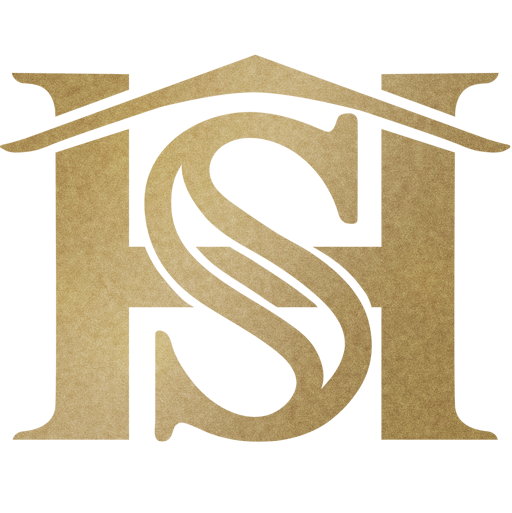A diagnosis is an integral stepping-stone towards an enriching rehabilitation journey. A diagnosis provides a definite direction to the patients and the mental health professionals caring for them, helping them establish a systematic framework.
However, a diagnosis need not always be a simple identification of a condition or disorder a person is dealing with. Sometimes, it can include an overlapping of conditions, commonly termed as a co-occurring disorder. In such cases, a person receives a dual diagnosis that distinctly mentions both these conditions. Psychology Today defines dual diagnosis as “a practice that treats people who suffer from both an addiction and a psychiatric disorder.”
Regardless, it is imperative that a person suffering seeks out dual diagnosis treatment centres for recovery.
Some Examples of Dual Diagnosis
In most dual diagnosis, one of the disorders stems from the other, which is the underlying condition. For example, process addiction may trigger severe anxiety, resulting in the dual diagnosis of process addiction plus anxiety disorder. Some other such examples of dual diagnosis include:
- Alcohol addiction and anxiety or panic disorder
- Drug addiction and depression
- Cocaine addiction and bipolar disorder
- Process addiction and acute paranoia
Symptoms of Dual Diagnosis
Detecting the possibility of a dual diagnosis may become easier when the affected individual’s close ones identify its symptoms. Some symptoms of dual diagnosis are as follows:
- Marked changes in appetite
- Inability to focus
- Rationalising or denying one’s addiction
- Indifference towards other significant responsibilities
- Committing dangerous acts
- Insomnia or other sleep issues
- Acute difficulty in establishing/maintaining close bonds
If one identifies with three or more of these symptoms, it is advisable that they seek out dual diagnosis treatment.
Dual Diagnosis Versus Comorbidity
While the terms dual diagnosis and comorbidity are often used interchangeably, there exists a thin line of demarcation between the two terms.
Comorbidity occurs when one of the conditions is the direct result of the other. For instance, a patient may suffer from acute anxiety stemming from an underlying case of Obsessive-Compulsive Disorder.
While a dual diagnosis also involves two such interlinked conditions, it specifically applies to a psychological condition resulting from an underlying addiction problem. For example, depression arising from addiction to cocaine would be classified as a case of dual diagnosis.
The Way Ahead With Safe House
Safe House is well-equipped with understanding the symptoms and challenges of individuals with a dual diagnosis. Our world-class psychological services and premier facilities ensure that every patient receives adequate care, motivation, and treatment. Here are some ways in which we treat patients with dual diagnoses:
- Proficient Diagnosticians: Our diagnosticians are extremely well-versed with the nitty-gritty of diagnosis, psychological conditions, and assessment. They utilise proven psychometric tools and a thorough study of the patient’s case history to distinctly diagnose him/her with the two dual conditions. Such a specific diagnostic schedule ensures high accuracy in the diagnostic process.
- Specialised Treatment for Each Condition: Our psychiatrists, psychologists, and counselors are proficient to understand the interconnection of the distinct psychological conditions that the patient’s diagnosis entails. They prepare comprehensive treatment plans to separately address each of them, thus working simultaneously on both disorders.
- Family and Couple Counselling: Having the right support from one’s family members can significantly speed up the recovery process. We provide extensive family and couple counselling to help the patient’s family understand his/her dual conditions. Our state-of-the-art accommodation facilities are synonymous with care and comfort, not only for our patients but also their loved ones!
